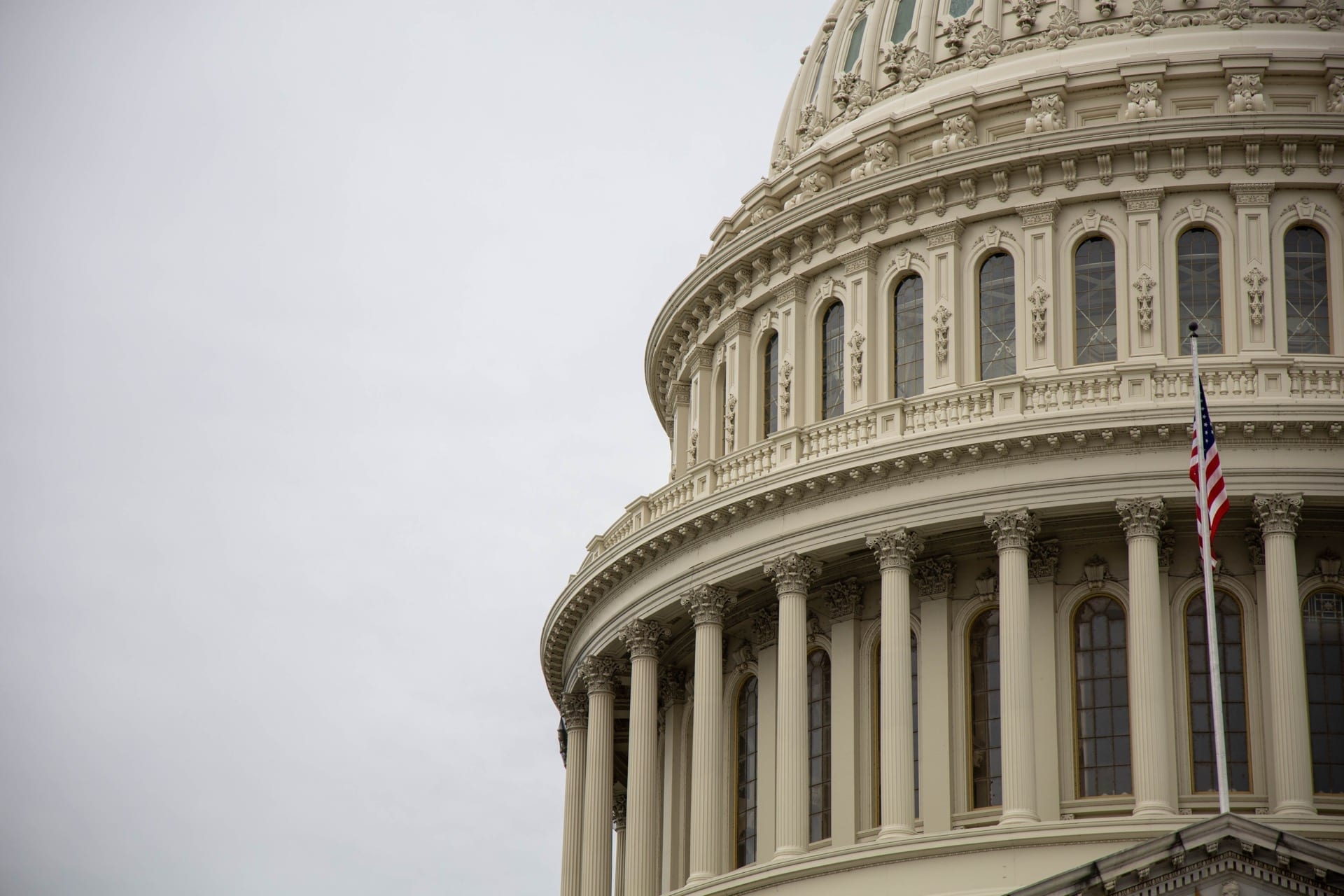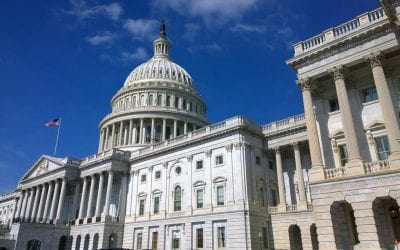Dial testing and follow-up focus groups with 44 swing voters in Denver, Colorado show that President Obama’s second term agenda—expressed through new policies for energy, pay equity, jobs, and education—was well-received by voters.[1] The President made impressive gains on his personal favorability and trust to move the country in a direction that reflects voters’ values. Following the speech, voters gave him high marks on women’s issues, looking out for the middle class, and plans for the economy. Even Republicans in our audience responded positively to Obama’s plan for tax reform and his call for bipartisan cooperation to break the gridlock in Washington. As one participant put it, “I liked his speech. I wanted to clap; I got misty-eyed.”
There is much here to commend the President’s performance. He made significant gains on the big issues: looking out for the middle class, having good plans for the economy, and having realistic solutions to the country’s problems. The President also made gains on some of the most current and pressing issues—making a 9-point gain on trust to handle gun violence, a 9-point gain on trust to handle Medicare and Social Security, and a 9-point gain on looking out for the interests of women.
| Measures | Pre-Speech | Post-Speech | Shift (Post – Pre-Speech) |
| Looks out for the Middle Class: Total Describes Well | 45 | 66 | +21 |
| Has Good Plans for the Economy: Total Describes Well | 32 | 50 | +18 |
| Obama Thermometer Rating: Total Warm | 49 | 62 | +13 |
| Has Realistic Solutions to the Country’s Problems: Total Describes Well | 41 | 52 | +11 |
| Energy: More Confident in Obama than Republicans | 45 | 55 | +10 |
| Medicare and Social Security: More Confident in Obama than Republicans | 43 | 52 | +9 |
| Looks out for the Interests of Women: Total Describes Well | 64 | 73 | +9 |
| The Economy: More Confident in Obama than Republicans | 36 | 45 | +9 |
| Gun Violence: More Confident in Obama than Republicans | 41 | 50 | +9 |
| Middle Class Incomes and Jobs: More Confident in Obama than Republicans | 48 | 53 | +5 |
| Strong Leader: Total Describes Well | 60 | 65 | +5 |
Importantly, voters are much more optimistic about President Obama and his agenda than they were even a few months ago. While they remain concerned about Washington’s ability to get things done, they are more hopeful about the President’s stronger tone and hope that Republicans and Democrats in Congress will be able to reach consensus on the most important and pressing issues facing the country. Indeed, voters were touched by the President’s moving oratory on reducing gun violence, accentuated by the people close to recent tragedies who attended the speech. “They deserve a vote” clearly resonated with these participants.

Additionally, while the President spoke on issues and in terms that had broad appeal, he also managed to speak specifically to the voters who re-elected him. Unmarried women, a group that has been critical to the President and Democrats’ fortunes, tracked closely with the Democratic line on the dial meter throughout the speech and exceeded the Democratic line several times, including when the President spoke about pay equity.

The Middle Class and the Economy
Obama made impressive gains with these voters when he talked about building an economy built on broad-based prosperity and a strong middle class. Some of his biggest positive shifts during the speech came in “having good plans for the economy” and “looking out for the middle class.”
Voters responded most positively to the President’s call to raise the minimum wage. Participants from all parties reacted favorably to the idea of “tying the minimum wage to the cost of living, so that it finally becomes a wage you can live on.” Dials rose to 75 overall (80 among unmarried women, 82 among Democrats, 76 among independents, and 70 among Republicans).

Unmarried women (who comprised almost a quarter of the electorate in 2012) have been particularly hard-hit in this economy. The President’s call to raise the minimum wage received an overwhelming response from these voters, and pay equity was especially well-received—reaching 93 on the dial meter.
While the unmarried women in our group appreciated the President’s calls for pay equity and raising the minimum wage, it was clear that this is just a beginning. These women are keenly aware that a single income, even from a middle class job, is not worth what it was to their parents, many of whom survived on one paycheck. One woman noted that at one point she was working five jobs. Another said that she must work seven days a week to make ends meet—and she is a college-educated woman with a middle class career. They are careful about their spending and don’t have much left over to put away. For these women, many of whom are raising children on their own, the cost of childcare alone can be prohibitive. One woman noted that the cost of private daycare is almost half of a paycheck.
Nonetheless, these women (the ones who would be most impacted by new efforts to achieve pay equity) remain concerned about the government’s ability to create real change. One woman said that she did not realize she was a victim of inequity in the workplace until she finally asked a male colleague what he earned—it was three dollars more per hour than she made. In order to really win with these voters, the Obama administration will need to show real results on pay fairness, coupled with programs to support single income earners, including better family leave and childcare policies.
Education
The President’s education agenda had broad appeal across all party affiliations. These voters are deeply concerned about the rising cost of college education and the declining quality of public elementary and secondary schools.
President Obama’s emphasis on universal preschool and improving K-12 education was met with approval among these swing voters, who registered strong approval when the President talked about equipping high schools to meet the challenge of training a 21st century workforce. These voters shared concerns that the country’s education system has failed to keep up with the rest of the world and failed to train the next generation of workers, thinkers, and leaders. They also appreciated the President’s plan to forge public-private partnerships to get it done—collaborations these voters believe will match skills in the classroom to skills desired by employers. But these voters are also worried about current and potential future funding for schools. As one woman noted, the funding cuts have come at a steep cost. “My daughter is never in school because of furlough days due to budget cuts.”
The President’s comments about the rising cost of colleges also hit home. These mostly middle class voters feel the squeeze in a big way when it comes to affording college education. “There are some good college savings programs out there. You can try and put money in for your kids’ future, but what money do you have left over to put in?”
Energy
The President made a 10-point gain on trust to handle energy policy among this group after the speech. These voters view Obama’s energy policy as smart for jobs, the environment, and national security. They were particularly focused on alternative energy sources, including wind and solar. One voter noted that the U.S. lags behind other countries and suffers an inability to create green jobs, which are sustainable for the future. During the speech all dials, especially those of Republicans’, climbed when the President sympathized about painful prices when heating homes and fueling cars. And Obama’s call to cut in half the wasted energy used to power homes and businesses was met with a strong response from voters, with the total line topping out at 75, independents at 77, and Republicans at 67.

On climate change, Obama held a dominant position over Republicans before the speech, with voters more confident in Obama by 31 points. While he did not make gains after the speech, he did not lose significant ground on this issue.
Foreign Policy
Obama received some of his highest – and most bipartisan – support when he announced that America will end the war in Afghanistan, including the drawback of an additional 34,000 troops from Afghanistan over the next year. Dials rose to 75 across the board on hearing that our mission in Afghanistan will be over soon; even the Republican lines topped out near 80.
There was a somewhat flatter response to much of the following discussion about supporting democracy abroad, issues not as relevant as the pocketbook issues that are top of mind for these voters. However, calls to end poverty and AIDS received positive feedback – as did support for Israel, with dials rising to about 65.
Dials spiked around 70 on mention of America getting tough on North Korea – in response to last night’s nuclear test. And both Republicans and independents responded strongly when the President reinforced that we will do what is necessary to prevent a nuclear Iran.
Forward?
While voters applauded the President and believe this speech reflected a bolder new direction, they remain skeptical about Obama’s ability to bring about these changes. His supporters in the audience continue to worry about Republican obstruction, particularly in the context of the budget battles that defined the final months of 2012. Others worry that his oratory outshines Washington’s capacity to bring about the big changes (particularly on the economy) that these voters believe we desperately need.
If the country is to make progress on any big agenda, Washington in general (and leaders in Congress in particular) must dramatically shift course in 2013. On this point, voters are far ahead of their leaders. For example, it was clear from the dial meters and the follow-up focus groups that Republican leaders in Congress are increasingly out of step with ordinary Republican voters. This was most evident when Republican voters responded very favorably to the President’s remark that we must “keep the government open, pay our bills on time, and always uphold the full faith and credit of the United States of America.”
Methodology
Research was conducted on February 12, 2013 by Greenberg Quinlan Rosner Research for Democracy Corps, Women’s Voices. Women Vote Action Fund and the Economic Media Project. Participants were 44 swing voters from the Denver, Colorado metro area who split their votes evenly between Democratic and Republican candidates over the past several Presidential and Congressional elections. 25 women and 19 men split their 2012 votes for President based on Colorado statewide results, and split the 2010 votes evenly between U.S. Senate candidates (Bennett/Buck).
Dial testing focus group research was conducted using the Perception Analyzer powered by Dialsmith. Perception Analyzer measures participant opinions in a real-time, second-by-second methodology that provides instant and precise measurements of quantitative research within a qualitative audience. Greenberg Quinlan Rosner Research measured and examined several participant subsets including political identification, candidate preference and many demographic variables to aid analysis.
[1] Based on dial testing focus group research conducted on February 12, 2013, by Greenberg Quinlan Rosner for Democracy Corps, Women’s Voices. Women Vote Action Fund, and the Economic Media Project. Research was among 44 swing voters in Denver, Colorado, using Perception Analyzer by Dialsmith.



